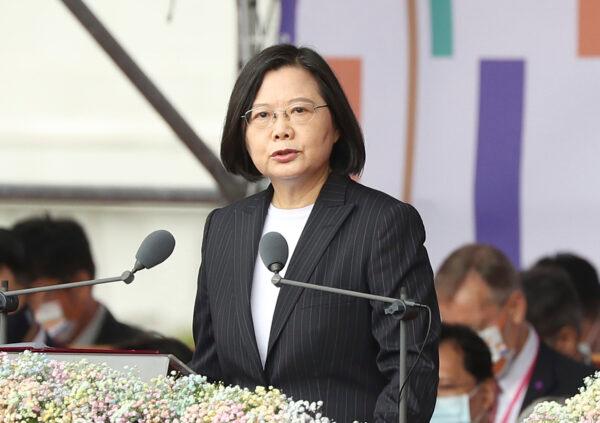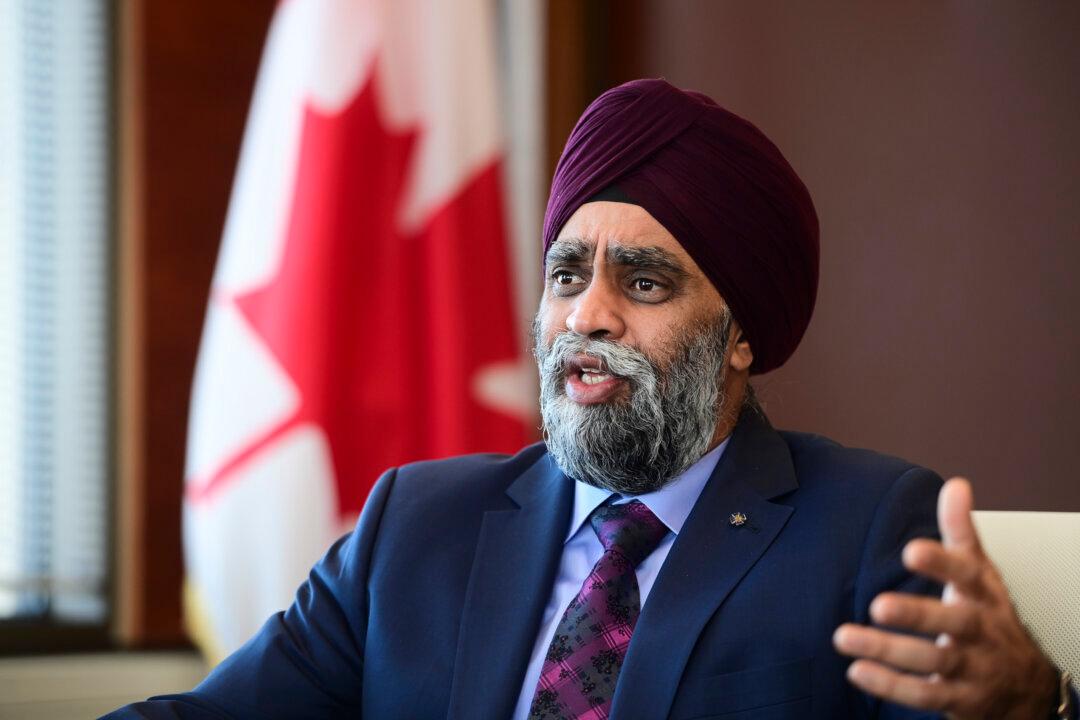“That’s actually absolutely false,” Sajjan told the parliamentary committee on Canada-China relations on April 12.
“The Halifax Security Forum is an independent organization, and they make their own choices with regards to the award.”
The Washington-based Halifax Security Forum holds its high profile defence conference annually in Halifax. The event is attended by senior-level politicians and military officials discussing global security issues.
Opposition criticized the Liberal government over the allegations reported by Politico.
“The government’s attempt to silence those critical of China is shameful—and it’s counter productive because it plays right into China’s hand,” Conservative foreign affairs critic Michael Chong said during Question Period in the House of Commons on April 12.
He asked Foreign Affairs Minister Marc Garneau if the federal government will reverse its position.
Garneau, without answering directly, said the government will always be there to defend human rights.
“We have been there in the case of China and very recently, we have imposed sanctions on the individuals that were identified with respect to the treatment of Uighurs in Xinjiang,” Garneau said.
The Chinese Communist Party (CCP) claims Taiwan is a breakaway province that should be under its control. CCP has warned other countries against recognizing Taiwan as a sovereign state and has increased its military activities near the island in recent months. A Chinese defence ministry spokesperson in January reiterated that Taiwan is a part of China, and warned that “independence means war.”
Tsai, who was re-elected in a landslide election in January 2020, has maintained that Taiwan is independent and that her government “will not give in to threats and intimidation” from China.

The Forum has so far not announced a winner for the award.
“We look forward to making the announcement, and conducting a presentation event at an appropriate time, given the challenges that the COVID-19 pandemic presents,” Robin Shepherd, vice president of the forum, told Politico in a statement.
Shepherd said that Tsai “would certainly be an ideal fit for this award.”
South China Sea
During his address to the Canada-China committee, Sajjan also spoke against China’s recent military extensions into the South China Sea.“Canada opposes land reclamation projects and building outposts in disputed areas for military purposes,” Sajjan said in reference to China’s construction of military facilities on several islands and atolls.
“And we will continue supporting our allies and partners in the Asia Pacific region, especially in the face of unilateral actions that undermine peace and stability.”
A Canadian warship that sailed through the South China Sea last month while travelling from Brunei to Vietnam was shadowed for at least part of the voyage as it passed near the disputed Spratly Islands claimed by both China and the Philippines. The Chinese military has set up facilities and equipment in the territory.





